Interwoven metal strands coalesce into a lattice-like formation – this is wire mesh, a structure which can find its purpose in countless coatings. From strengthening infrastructure to securing fences and creating screens, its versatile abilities have earned it widespread application.
The apertures in the wire mesh can fluctuate depending on its intended use. Typically, they span in size from tiny to large depending on the gage of wire used. What this means is that finer wires make tighter meshes, and thicker wires produce bigger mesh openings.
When it comes to utilizing wire mesh for filtration, the size of the openings within the mesh should vary depending on the size and form of the objects being screened. When targeting minuscule particles or scraps, select a mesh with tighter apertures. Conversely, for filtration needs involving larger items, one ought to opt for a wire mesh with broader channels.
A mesh’s pore-size must be tailored to the material needing to pass through it in order to achieve maximum filtration efficacy. To successfully sieve out diminutive pieces, you will need to opt for a fine-meshed screen. Conversely, if larger particles are the target, a mesh with bigger perforations will better serve your needs.
If pressure is applied to the wire mesh, the size of the gaps may need adjusting to prevent deterioration or fractures. The force perceived will indicate whether larger apertures need to be installed to ensure the mesh withstands the pressure.
Considering the purpose of your application should be your top priority when it comes to picking the size of gaps in the wire mesh. Various purposes may demand distinct sizes which is why it’s essential to ensure you get an appropriate size hole for the task.
In the majority of case scenarios, the average hole size requirement for wire mesh is 1000 microns, or 1 mm, which is ideal for sifting, filtration, and screening purposes. However, if the goal is to obtain tailored results for a certain application, it is recommended to speak with an expert who can then suggest the best-suited hole size.
Ultimately, determining the size of holes in the wire mesh depends on what the mesh is used for. The standard hole size is 1000 microns or 1 mm, which can be tweaked as per specific requirements. Consulting a professional for assistance in selecting the right-sized holes is highly recommended.
Wire mesh has become an essential tool for a variety of industries – from construction to agriculture. It’s used for filtering out dirt and debris to offering robust support for the structures and structures. The size of the meshing holes decides on the functionality of the wire mesh, thus making it imperative to select the appropriate options based on your requirements.
Mesh fabrications crafted from metal, plastic or fiberglass are available in many different shapes and sizes. Woven wire mesh is one of the most common forms, woven wires being interwoven in a distinctive pattern to determine the holes’ count, size and flexibility. This is measured by its mesh count – how many wires compose the mesh per inch.
No matter what the intended purpose of your wire mesh may be, size is key. When choosing wire mesh for a project, the size of the holes is an essential factor to consider. If the objectives require a filter, the holes will need to be narrow in order to sufficiently trap any particles you wish to block. Meanwhile, if the wire mesh will serve as a supportive structure, larger openings may create the ideal flexibility and strength for the application.
When it comes to choosing wire mesh, it’s important to consider the material it is constructed from. This can range from stainless steel, aluminum, brass, and plastic – all with their own unique advantages and drawbacks. Steel is robust and sturdy, yet may possess a certain degree of vulnerability to corrosion. Aluminum is light in weight and keeps corrosion at bay – but is not as hefty as its metal counterparts. Brass flaunts strength and rust-resistance but is broader in width than aluminum. Plastic, on the other hand, provides an inexpensive option which has a relatively small heft – however it doesn’t have the might of any metals.
When selecting a wire mesh, you will need to take into consideration the mesh count. This count is determined by the quantity of wires within each inch of the material, and is typically indicated by a number ranging from 10 to 200. If the number is more miniscule, it will create larger gaps in the mesh. For example, a count of 10 will effectuate holes in the mesh that are broader than those with a bigger mesh count. In comparison, a higher mesh count offers more precise filtering abilities.
When deciding on the size of the holes of the wire mesh, the chosen measurement can either be expressed in fractions of an inch or millimeters, such as 1/4 inch or 0.25 mm. This size selection must accommodate the purpose you need it for. If wanting to filter out undesirable particles, then a smaller hole size is desirable. On the other hand, if needing support or flexibility, then opting for a larger size is recommended.
Ultimately, the wire mesh’s finish requires attention. This finish will usually be either galvanized or powder-coated, which will play an influential role in how tough and how long-lasting it is. Galvanized wire mesh is strong and resilient to rust, however it is not quite as durable as powder-coated wire mesh. The latter offers better protection from outside damage along with improved protection from corrosion; however, it also is more costly than galvanized wire mesh.
Taking all of the necessary components of wire mesh selection into account, the size of the holes must be considered. Often expressed in terms of mesh count, you’ll want to think about the material, mesh count, size of the holes, and finish when making a decision. Doing so ensures that you have chosen the perfect wire mesh for your project. In conclusion, these elements must be meticulously examined in order to secure the best result for your wire mesh need.
Related Product
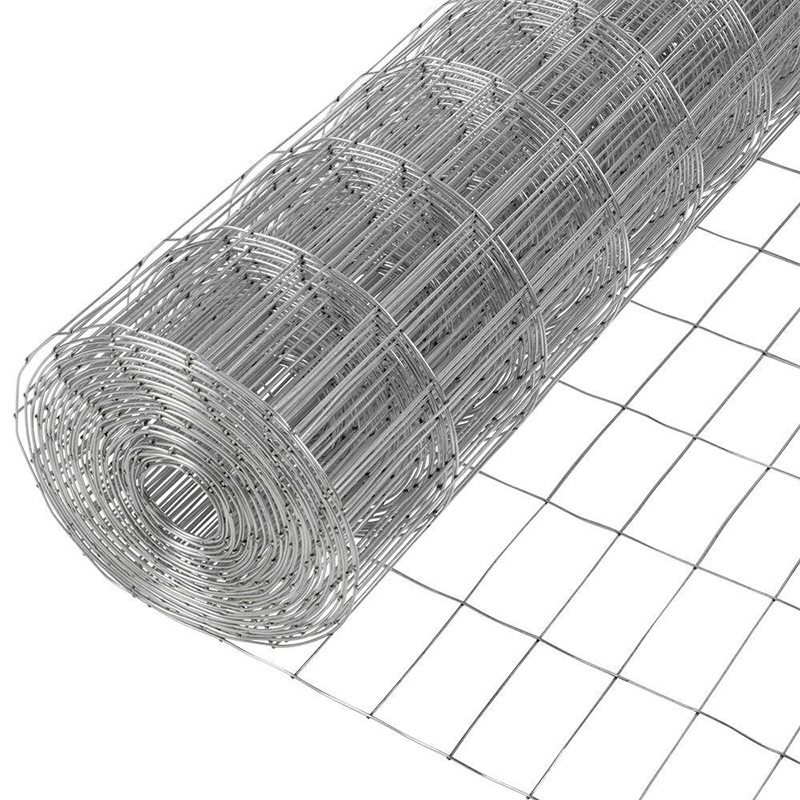
Welded Wire Mesh
Welded wire mesh is one popular materials in concrete, construction and industry. It is made of low carbon steel wire, stainless steel wire after welding and surface treating. Weld […]
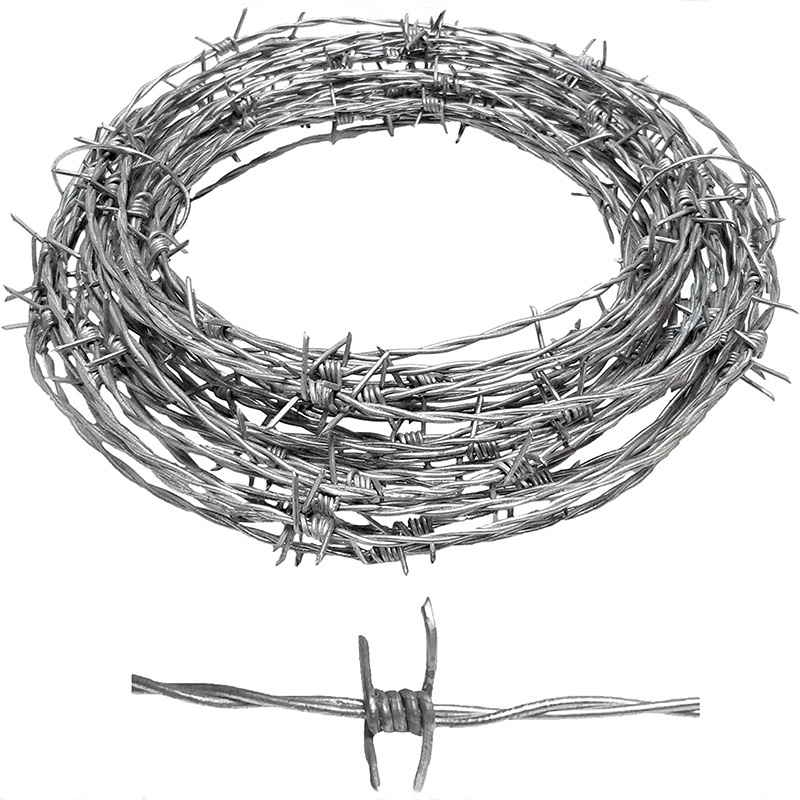
Barbed Wire
Product Information: Barbed Wire Material High quality low carbon steel wire, iron wire, etc. Category 1.Hot dipped galvanized 2.Electric galvanized 3.PVC coated Weving and Charact […]
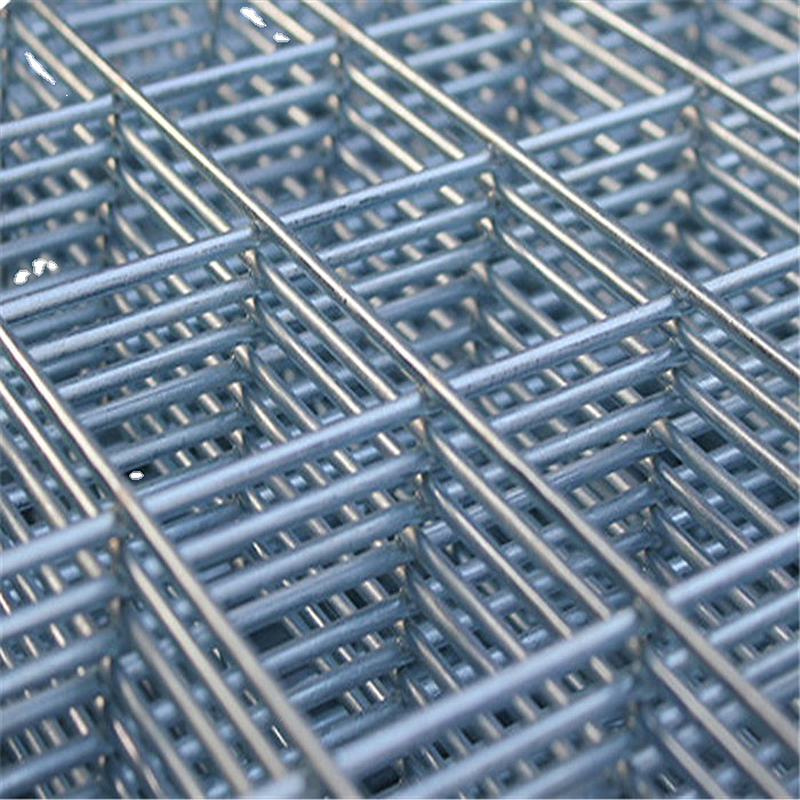
Welded Wire Mesh Panels
Product information: 1.Materials:Stainless steel wire, Low carbon steel wire, Galvanized wire 2.Style: (1)Electro or Hot dipped galvanized after or before welding; (2)Stainless ste […]
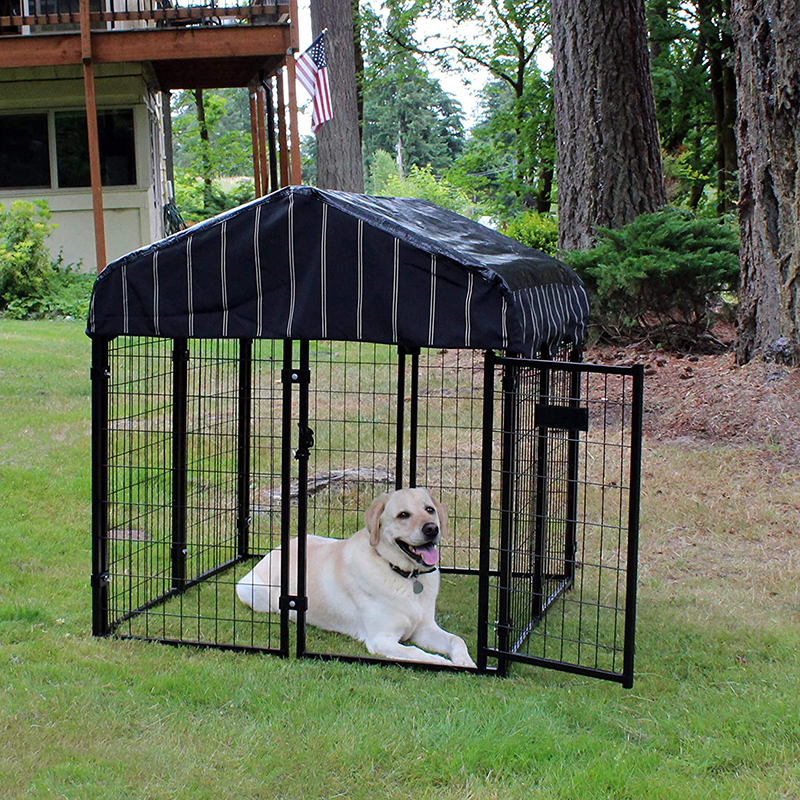
Dog Cage
Factory wholesale large metal multi functional dog cage kennel outdoor About the dog cage: * SAFE FOR DOGS – Our welded wire kennel offers safe protection for dogs of all siz […]
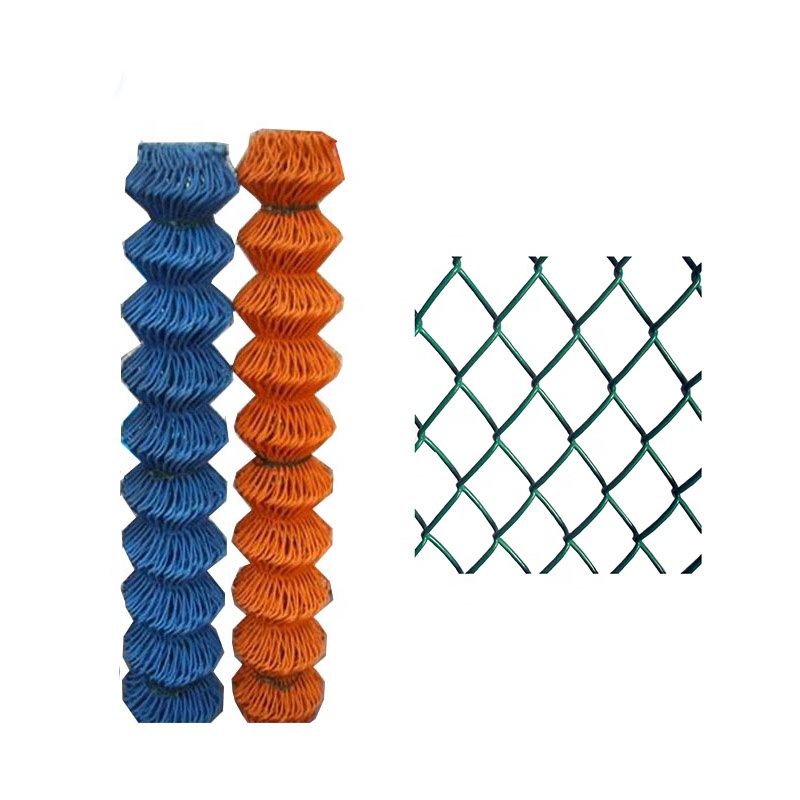
Chain Link Fence
Product information: Specification: Galvanized chain link fence Mesh Wire gauge Width Length 1″ BWG11,12,13,14 0.5-4m 0.5-25m 1-1/2″ BWG8,9,10,11,12,13 0.5-4m 0.5-25m 2 […]
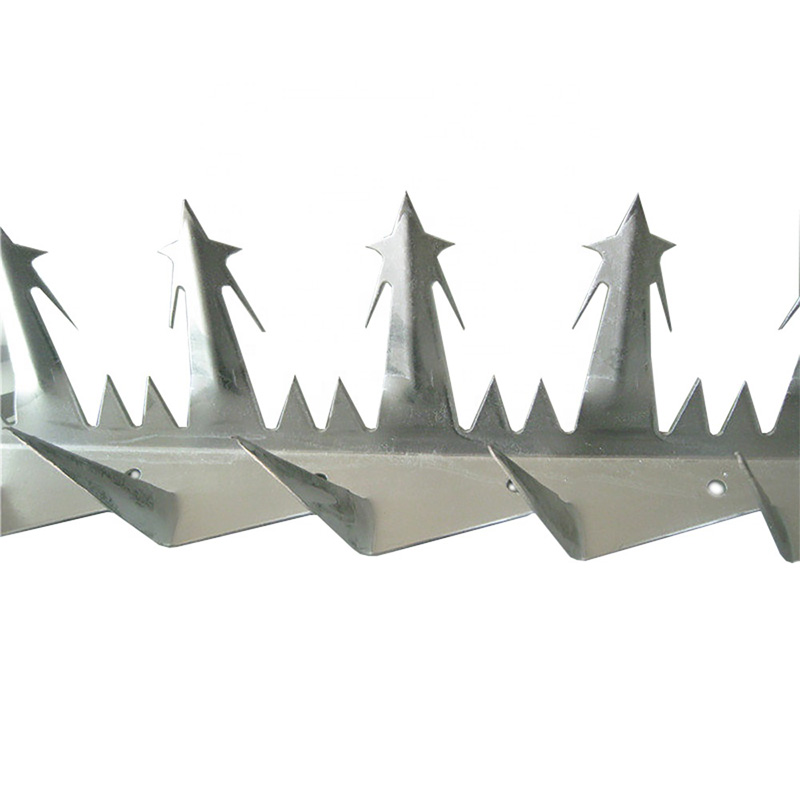
Anti Climb Wall Spikes
Product information: Big Sized Wall Spike Specification Type Big Sized Wall Spike A Big Sized Wall Spike B Model Number Anti-Climb wall Spikes Material HOT DIPPED GALVANIZED STAINL […]
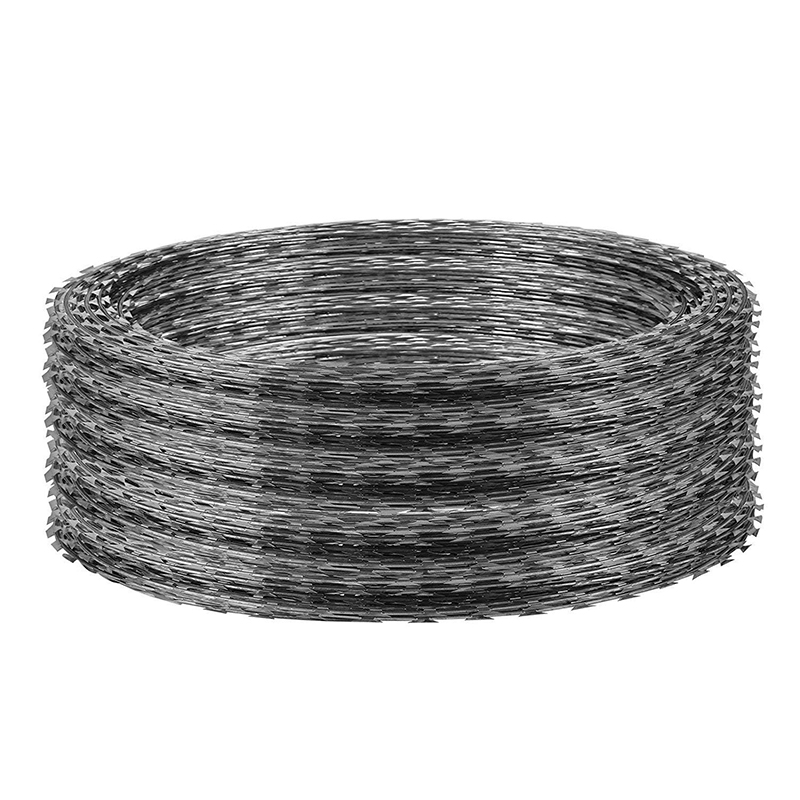
Razor Wire
Product information: Concertina Razor Wire is widely used for construction of high security fencing projects in military and national defence. We export directly and supply Razor W […]
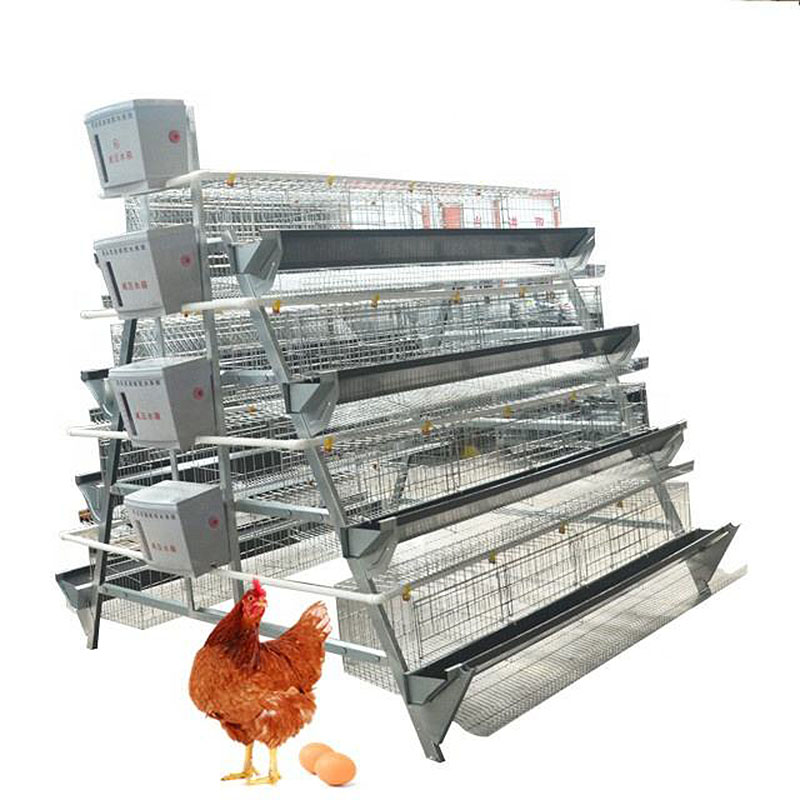
Chicken Cage
Product information: A type 3 tiers for 96-120 chickens Type A type, 3 tiers A type, 3 tiers A type, 3 tiers A type, 3 tiers Size per unit 1.88m*1.8m*1.6m 2.0m*1.8m*1.62m 2.2m*2.4m […]
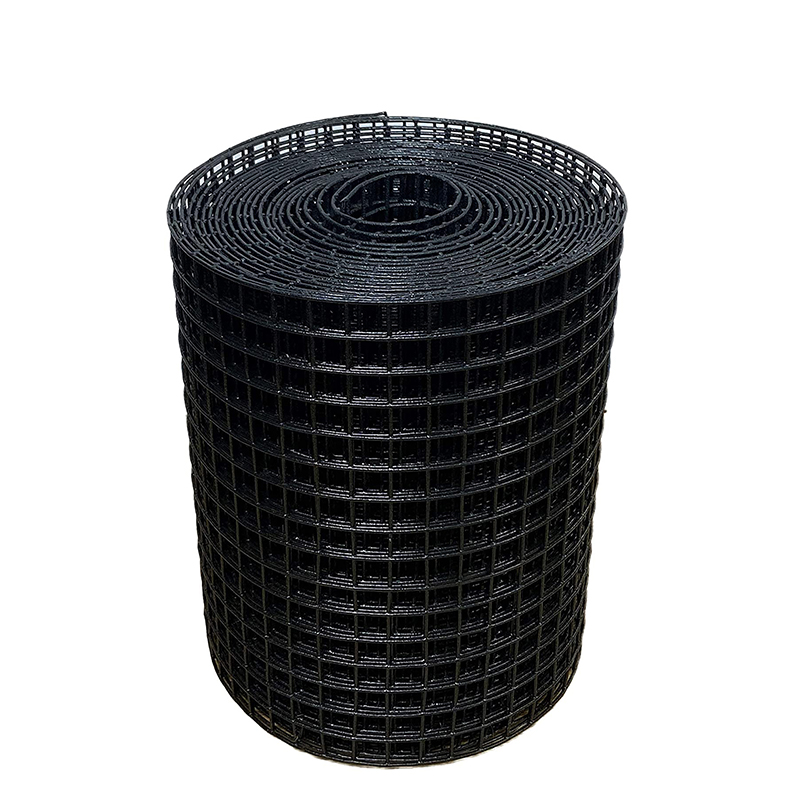
Pvc Coated Wire Mesh
Product information: PVC coated welded mesh Mesh size Wire diameter (in mm) Width&Length In inch In mm Before coating After coating Width:0.5m-2.0m Length:25m,30m […]
Post time:2023-07-26

